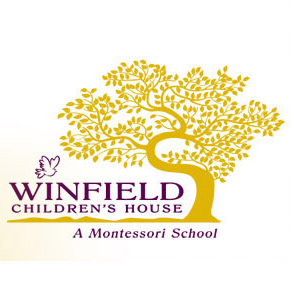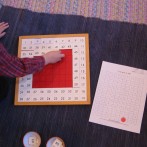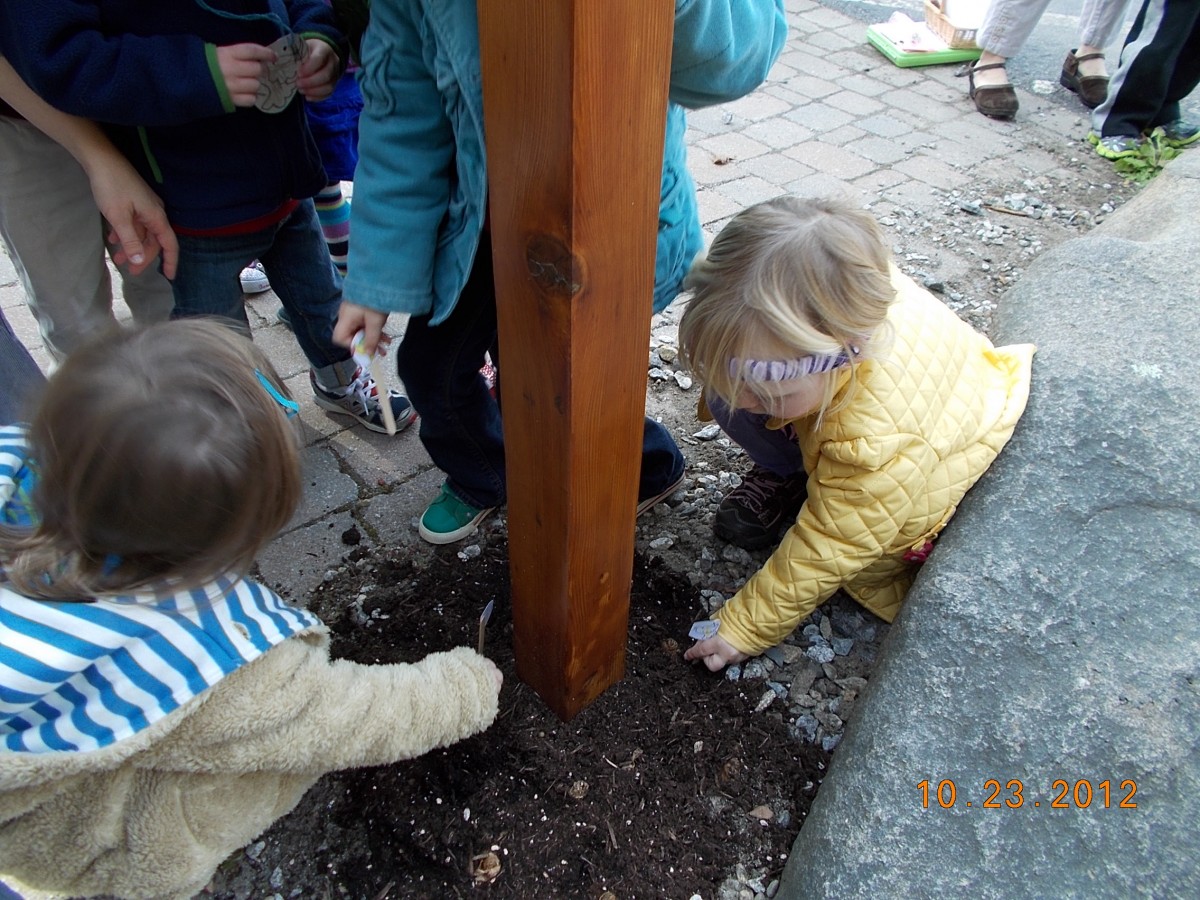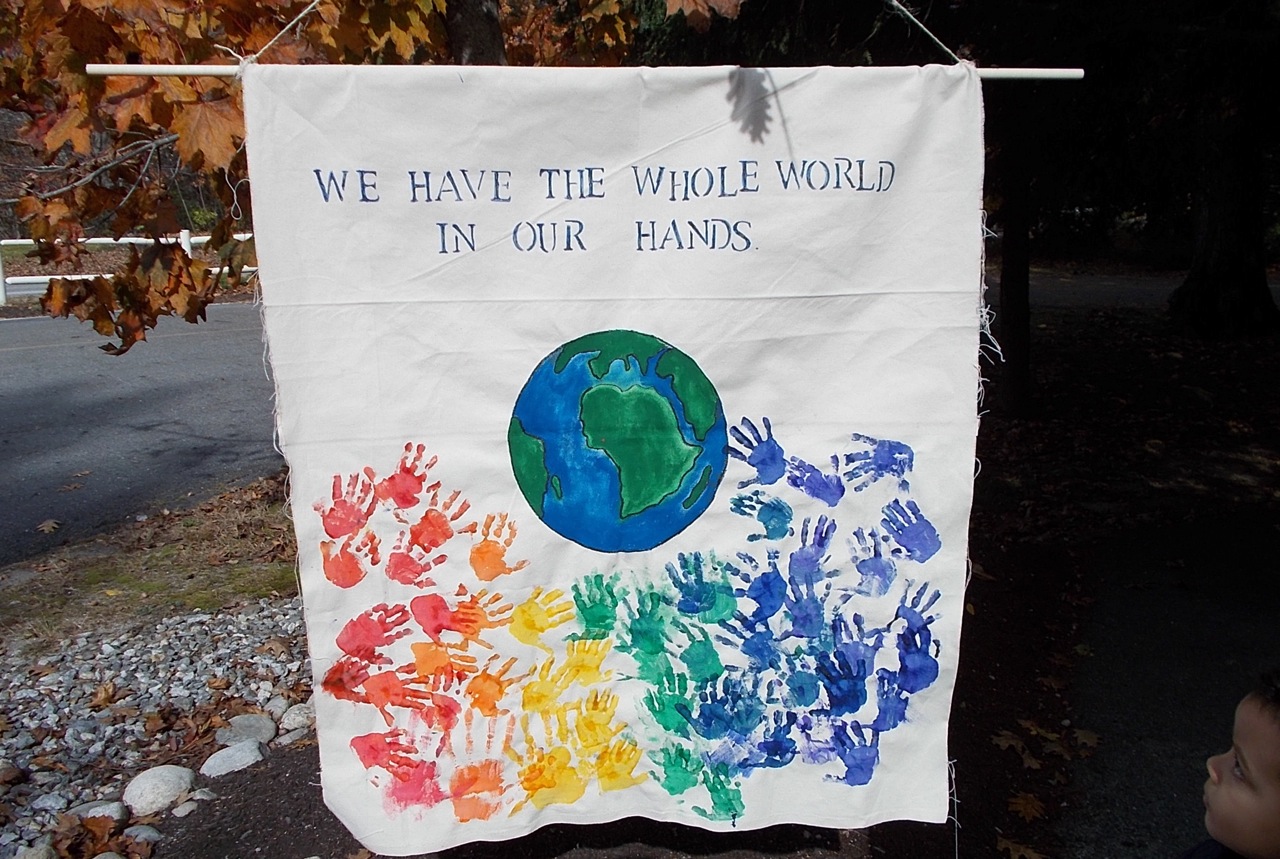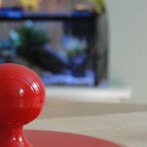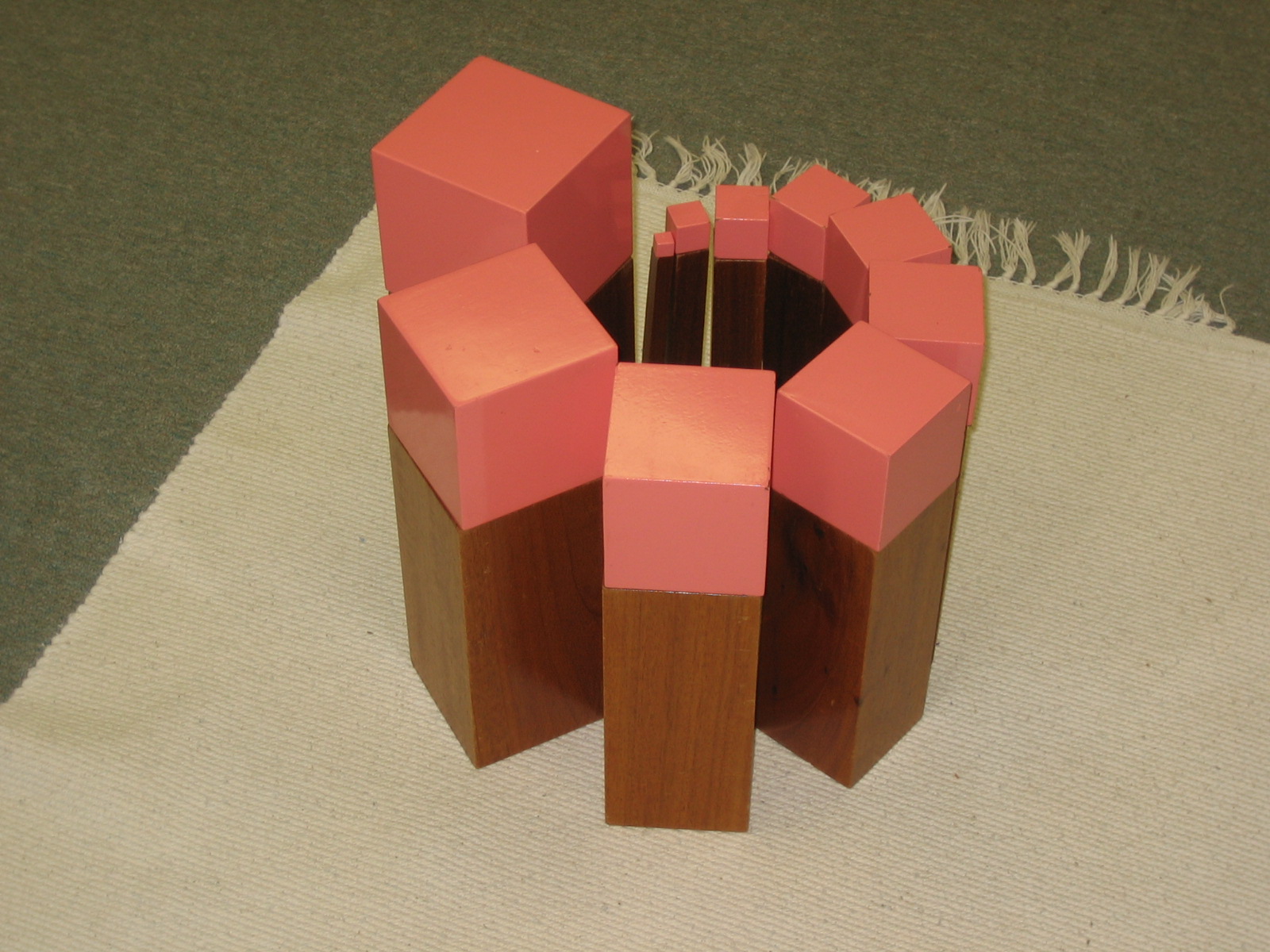Montessori Education Week
Around the United States, families and schools celebrated Montessori Education Week from February 23 through March 1. Perhaps you heard the Maine Montessori Association’s announcement on National Public Radio about this special week. This week is designed to get the word out about the learning and community that takes place at Montessori schools. It is a way to celebrate the work our schools are doing with the greater community....
Read More